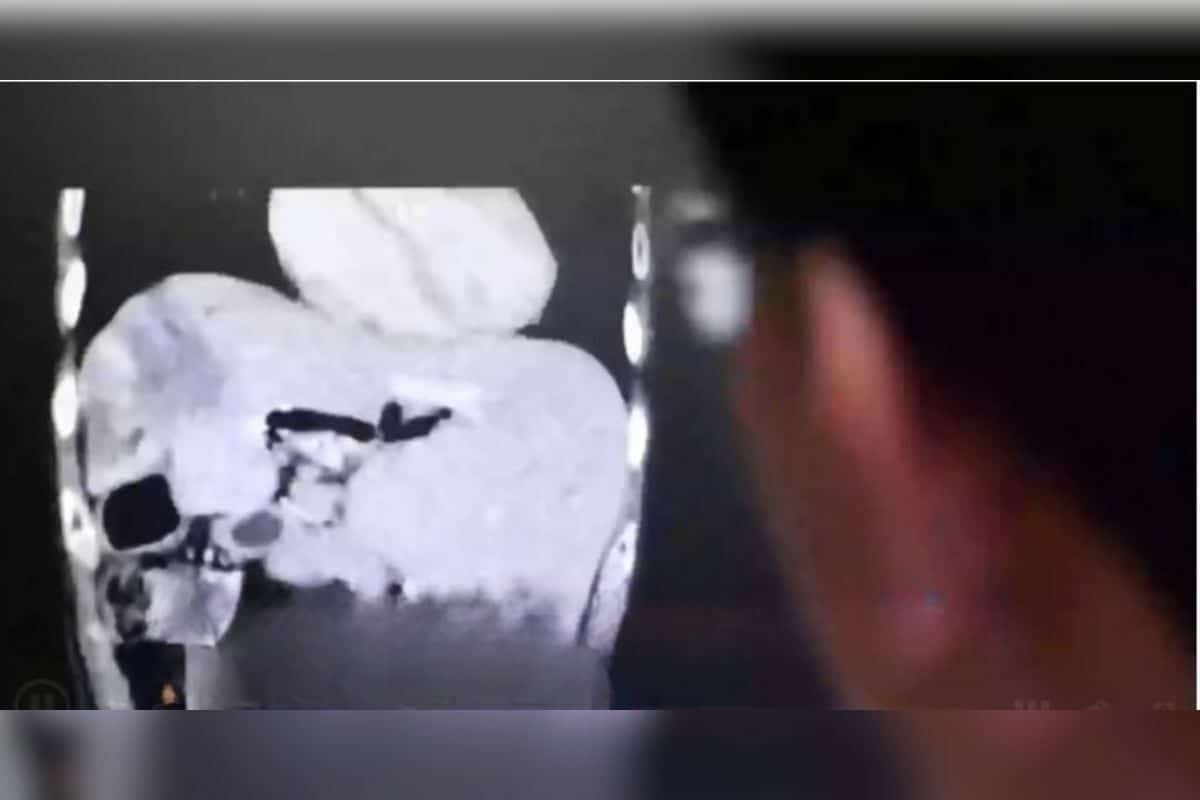Khon Kaen fish dish linked to liver cancer risk

A recent article from the LADbible highlights a grave health concern in Khon Kaen province and the northeastern region of Thailand, where a popular dish can potentially lead to liver cancer if not prepared correctly.
The dish, known as koi pla, consists of raw fish mixed with herbs, spices, and lime juice. Unfortunately, the raw fish may harbour parasites that are linked to liver cancer.
According to the BBC, areas in Thailand where koi pla is consumed frequently have an unusually high incidence of liver cancer. Studies suggest that in certain communities, up to 80% of residents harbour parasites that could lead to this disease. Typically, liver cancer does not manifest until individuals reach the age of 50 or older.
X-rays of patients reveal the impact of consuming koi pla, illustrating how the dish can pose a lethal threat. Alarmingly, even children as young as four years old have been found to carry these parasites.
Research on the parasites indicates that they produce chemicals that can provoke the host’s immune system, potentially causing chronic inflammation that may progress to cancer.
The late Doctor Narong Khanteekaew, a professor in the Department of Surgery at Khon Kaen University’s Faculty of Medicine, dedicated significant efforts to combat this hazardous dish after losing both his parents to liver cancer from consuming koi pla.
“It is a significant health burden here. But no one is aware of it because they die silently, like leaves falling from a tree.”

This silent killer has one of the lowest survival rates among cancers if not treated surgically.
Dr Narong, alongside scientists, medical professionals, and anthropologists, spent years detecting parasites in villages across the Isaan region. Utilising ultrasound machines and urine test kits, Dr Narong discovered that in some communities, as much as 80% of the population had ingested this dangerous parasite.
While he was actively spreading awareness about the risks of koi pla, including working with local health officials to introduce school curricula to educate children about the dangers of raw food, he encountered resistance from the older generation, reported Sanook.
Despite the health risks, some individuals resist altering their cooking methods, arguing that cooking, the most effective way to eliminate the parasites, diminishes the dish’s flavour. However, others may argue that the serious risk of liver cancer could considerably reduce the enjoyment of consuming such meals.
Latest Thailand News
Follow The Thaiger on Google News:


























